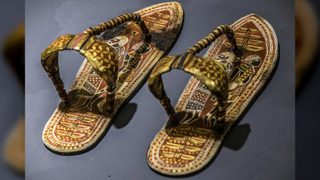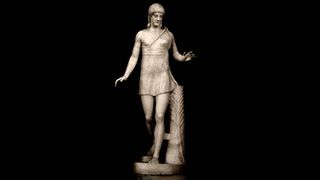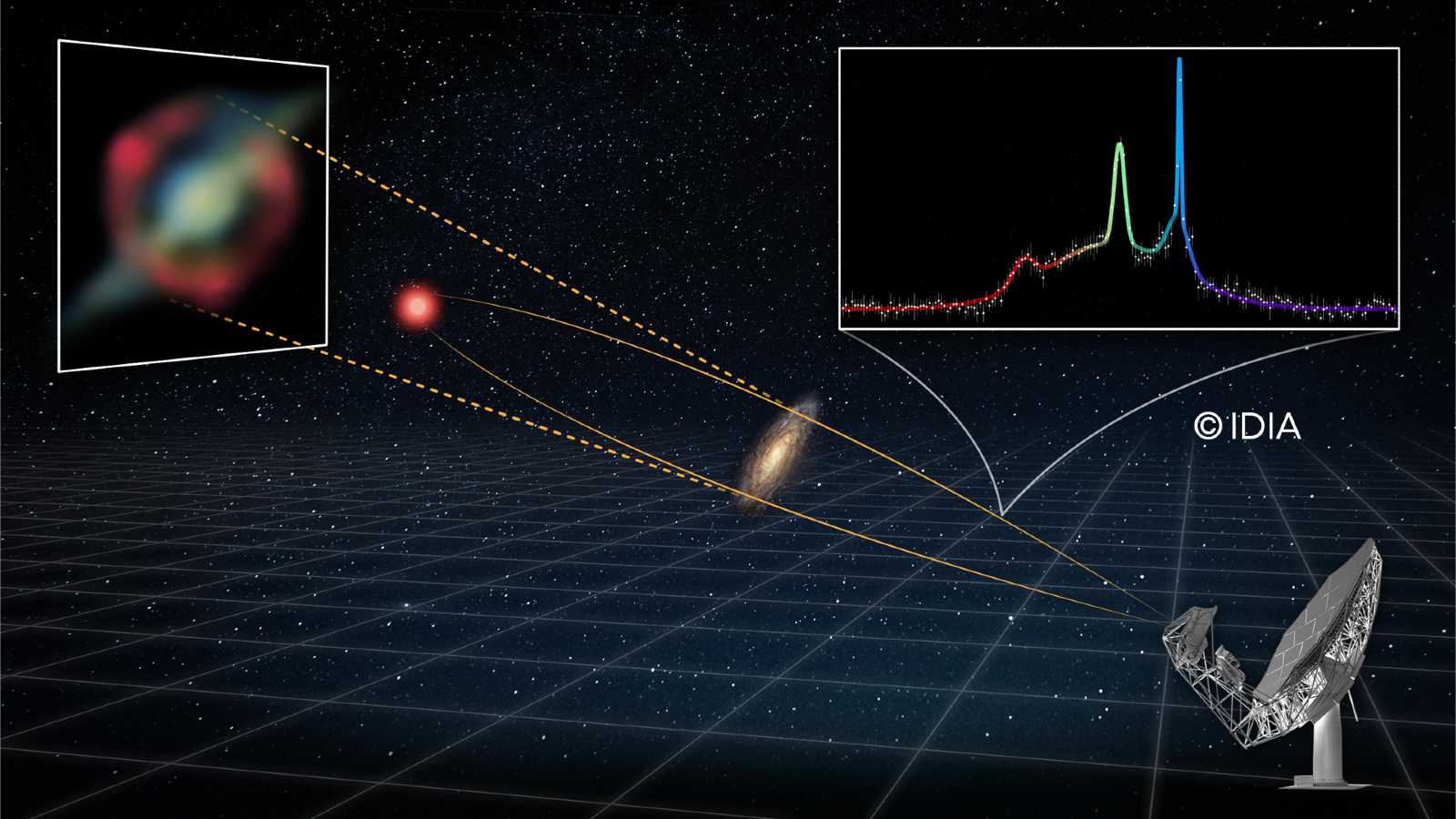Features
Latest Features

Deepest views from James Webb and Chandra reveal monster object that defies theory — Space photo of the week
By Shreejaya Karantha published
The James Webb Space Telescope and the Chandra X-ray Observatory have captured the clearest image yet of a galaxy cluster in the making, seen when the universe was only one billion years old.
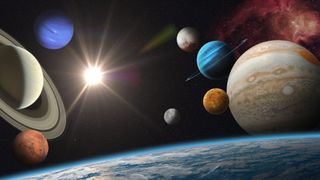
How long do most planets last?
By Sara Hashemi published
Planets are born, and they can also "die." So what's the lifespan of a typical planet?

What are ghost lineages, remnants of the past that still exist in our DNA today?
By Tom Metcalfe published
Ghost lineages reveal themselves through ancient genes that still exist in living beings today.
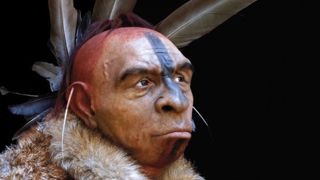
Did modern humans wipe out the Neanderthals? New evidence may finally provide answers.
By Kristina Killgrove published
A complex picture of how Neanderthals died out, and the role that modern humans played in their disappearance, is emerging.

We used AI as our photography assistant for a week — what worked and what did not
By Jacob Little published
We let AI take the reins on our photography for a week — the results were surprising, frustrating and sometimes impressive.

Teenager contracts rare 'welder's anthrax,' marking the ninth known case ever reported
By Sophie Berdugo published
A teenager training to be a welder contracted a rare and dangerous lung infection, prompting a combined state and federal investigation.
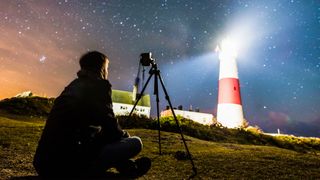
Should you buy a new or used camera for astrophotography?
By Jacob Little published
Is buying used a smart move for astrophotography cameras, or should you stick with the latest tech?
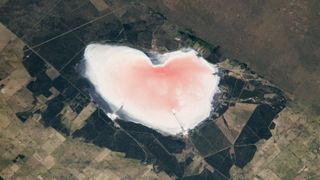
Astronaut snaps salty, pink Valentine's Day 'heart' shining in Argentina
By Harry Baker published
Earth from space A 2024 astronaut photo shows a striking pink, heart-shaped salt lake in the middle of the Argentine lowlands. The endearing photo was originally released to celebrate Valentine's Day.
Get the world’s most fascinating discoveries delivered straight to your inbox.
 Live Science Plus
Live Science Plus










